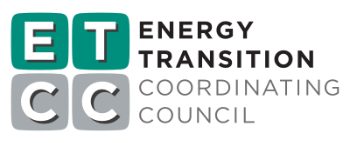Project Info
COMPLETE
Project Title
Development of an FDD Test Method for Commercial HVAC Packaged Units
Project Number ET13SCE7030 Organization SCE End-use HVAC Sector Commercial Project Year(s) 2013 - 2015Description
The purpose of this project is to develop a laboratory test method for evaluating FDD technologies on a Commercial Packaged Rooftop Unit.
Project Report Document
Loading PDF Preview...
